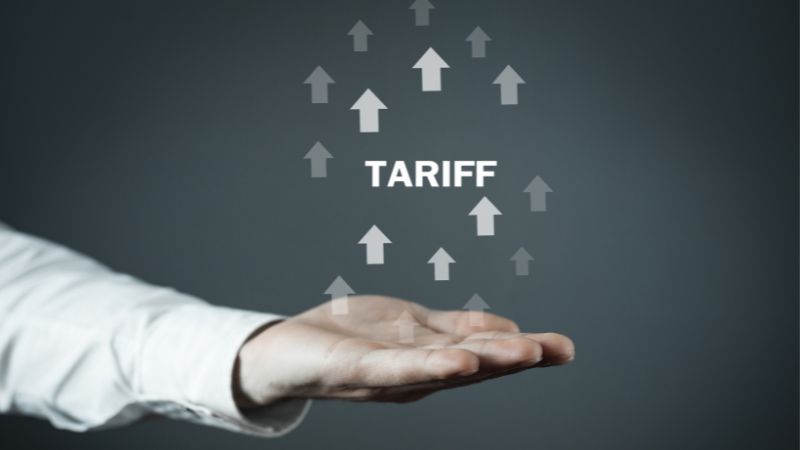On April 11, 2025, an Illinois-based educational toy manufacturer took its fight against President Donald Trump’s controversial tariffs all the way to the US Supreme Court. Learning Resources Inc., along with its sister company hand2mind, filed an emergency appeal requesting the nation’s highest court to fast-track its legal challenge against tariffs imposed on Chinese imports. The companies argue these tariffs, enacted under emergency presidential powers, are causing irreparable harm to American businesses.

Financial strain reaches a breaking point for businesses
The numbers tell a devastating story. Learning Resources CEO Rick Woldenberg revealed the company initially budgeted for $2.3 million in annual tariff costs, only to see that figure explode to more than $100 million when rates jumped from 40% to 145%. The company has been forced to completely restructure its supply chain, passing some costs to consumers while absorbing others. The company expressed the frustration in the court documents with remarks such as “in light of the tariffs’ massive impact on virtually every business and consumer across the nation, and the unremitting whiplash caused by the unfettered tariffing power the President claims.”
Across American industries, similar stories of financial distress are emerging. Small and medium-sized businesses particularly struggle with the unpredictable tariff landscape, with many reporting layoffs, reduced operations, or complete shutdowns. The National Retail Federation estimates these tariffs have cost American businesses over $80 billion since their implementation.
Legal showdown over presidential power limits
The case raises fundamental constitutional questions about the limits of executive authority. At issue is whether Trump properly invoked the International Emergency Economic Powers Act (IEEPA), which is typically reserved for national security crises to impose sweeping trade tariffs without congressional approval. The company questioned the legitimacy of such action, and described it as an abuse of presidential power.
While a federal judge initially ruled the tariffs exceeded presidential authority, that decision is currently on hold pending appeal. The Trump administration maintains the tariffs were a necessary response to unfair trade practices and national security concerns. “The Trump administration is legally using the powers granted to the executive branch by the Constitution and Congress to address our country’s national emergencies of persistent goods trade deficits and drug trafficking. If the Supreme Court decides to hear this unfounded legal challenge, we look forward to ultimately prevailing.” said White House spokesperson Kush Desai, noting similar trade actions have been upheld in the past.
Legal experts suggest the Supreme Court’s refusal to immediately intervene signals the justices prefer to let the appeals process run its course. However, with billions in tariffs at stake and thousands of businesses affected, the eventual ruling could redefine the balance of power between Congress and the presidency in trade matters.
The struggle between companies and the Trump administration goes on
This is not the first time a company has sued Trump over tariffs. In fact, at least 7 companies, organizations, and even the state authorities have taken legal actions in hopes of overruling Trump’s tariff policies and avoiding extremely high tariff costs. Just last month, a coalition of 12 states joined the fray, arguing the tariffs on Chinese wind energy components have stalled America’s clean energy transition. Meanwhile, medical device manufacturers like Boston Scientific also support existing lawsuits, claiming the tariffs have increased healthcare costs by making essential equipment more expensive.
Meanwhile, the state of California’s lawsuit takes a unique approach by focusing on how the tariffs disproportionately impact low-income communities. State attorneys argue that increased costs for basic goods effectively act as a regressive tax on working families.
The case of Learning Resources Inc. is just one of the many violent backlashes of Trump’s radical decision making in federal funding, government employment, and many other aspects of his presidency. For now, American companies have to continue operating under what many describe as an unsustainable economic burden.
